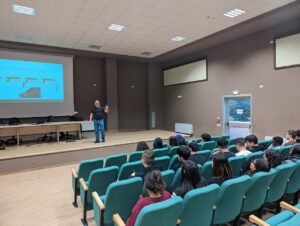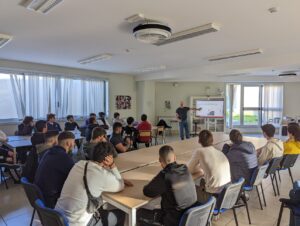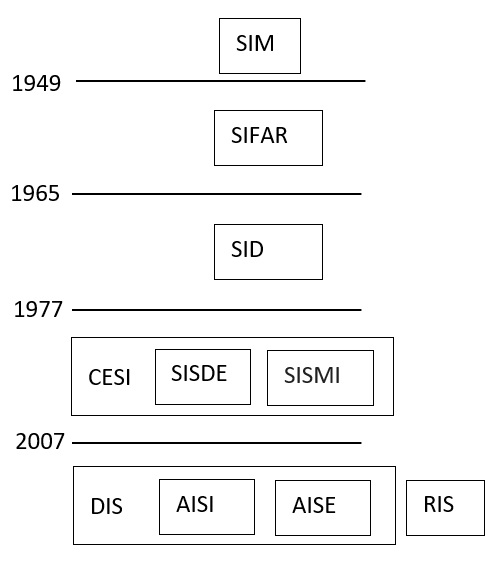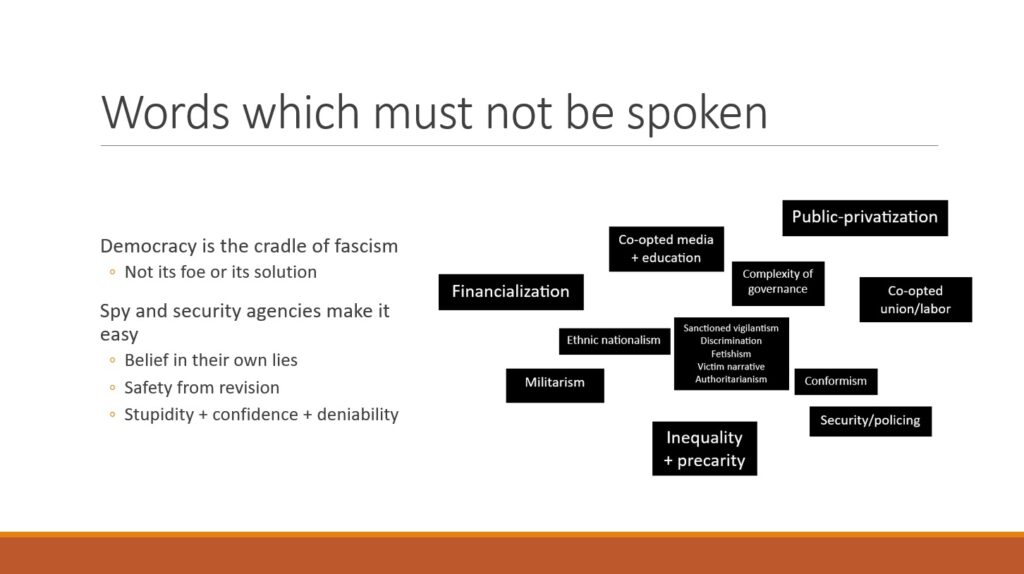I did not title this post “When in Rome.” Please credit this on my karmic record.
Near the end of 2022, I received an invitation from Marco Mengoli to visit and teach at the Instituto di Itruzione Superiore “Roselli,” in Aprilia, a suburb of Rome. Several faculty at this school including Marco study and teach about game design, education via games, or some combination of these things. Their suggested topic would be the Cold War + role-playing as a form of learning + my games Spione and Shahida. The context is the Erasmus Project, a European Union program based on exchange of students, instructors, and teaching/learning methods across schools and countries. [Erasmus home page, Wikipedia entry]
Enthusiasm first! From my little fleck of matter’s perspective, this is big news. One of my desires with Adept Play is in fact to connect with education, so that my actual business is to provide service and insight to people through schools or equivalent programs. This invitation meant an actual resume item for mitt lilla företag, so that I can go to another school with, or have people arrive at the website to see, more than vapor.
Speaking of vapor, my own academic career experience leads me to be very suspicious of colorful visitors with some allegedly awesome learning pixie dust. I said to Marco, first thing, that I did not consider myself a work-free distraction for the students’ easy week, and that what I do is not some fun “game! to play! in the classroom! It’s educational!!” gimmick. He agreed, in some detail, and told me that the faculty there had in fact chosen me for that reason.
So I did this thing! April 17-21, five days with about five contact hours or meetings per day. This is the school building, much like others I have known.

I’m very structured-structural in my teaching, so I spent a lot of time and effort to integrate these issues:
- the total number of students (121), as well as their numbers in what available blocs
- the number and length of sessions
- the methods: presentations, interactions, activities, response/writing
- topics: depth
- the ordering of the content
- and perhaps most important, my readiness to adjust and change any of the above, after things have started
As for the teaching experience, which includes logistics as well as participation, it was great. The students were in their mid-teens and varied across the whole range of behavior, but all of them were ready to try and often exceptionally quick and insightful. “Smart” is a word I typically don’t use regarding persons, but I’ll use it regarding responses, activities, and a communal curiosity – in this, they were really smart. It was a joy to be in the classrooms with them, whether auditorium or library/workshop room.


For Spione, i.e., the majority of the time and activities, I prepared materials for a given decade – the 1970s – and provided limited options for principals and the agencies, rather than the full range from the book. I also created two new principals, an Italian national and an Italian-American.
Regarding the activities, I distinctly separated maneuvers and flashpoint, as the goal was to establish events, interactions, and characterizations simply through the exercise of differing authorities. Futhermore, especially regaring flashpoint, the lesson was how to recognize it when it occurred, without seeking endings or final moments or arcs.
I didn’t create new operations using Italian agencies and history, but I presented some thoughts and related some of what we did in play to them.

- The Vatican including the decree against Communism
- Gladio, obviously, including the Ordine Nuovo
- Anni di Piombo, including the Golpe Borghese and a variety of militant groups
- The events of 1994: Tangentopoli scandal, Manite pulite, and the Forza Italia party
That’s what led into the topic of fascism and protest, which is what the leading images for the post are about, and this interesting slide which seemed to be especially appreciated by the faculty who attended that day.

Although the week was focused on Spione, I took one day for Shahida as well. This is what my files for that section looked like.
One clarifier before you rightly point out that those materials look pretty dense: my in-class presentation and interactions aren’t merely throwing them at the students. Instead, what we do is focused and adjusted to the students’ attention and pick-up of whatever was said just beforehand.
I had hoped, frankly, at least for adequacy: that I would not embarrass myself or waste anyone’s time. If you check out the responses I’ve included at the Learning about role-playing page here, however, you’ll see that I apparently did much better than that. (And these are only a little bit of the positive feedback I’ve received in writing and in person.)
This was my very first time for any such program and activity, so here are some take-away thoughts for developing my methods and plans.
- Gamification is bad news; I went in with this view and I’m more certain than ever. I’m still working out how to articulate this and fortunately this experience put me into contact with some of the right people.
- Practical concerns: translation into the common language for student materials, different physical means for the same (or equivalent) activity to accommodate the available spaces, physical materials which the students can alter (write on, change in some way) as part of the activities.
- A hard-hitting clear summary for interested/skeptical faculty, including opportunities for interacting with them.
- Follow-up activities for participants to do here at the site.
In all, a big moment for Adept Play, and I hope it’s a beginning.


3 responses to “The Erasmus Project experience 2023”
I interviewed as a “gamification expert” years ago and told them gamification was bunk. They hired me anyway.
My problem with the whole concept is that most gamification schemes (and they are schemes) are just reward systems for behaviors, they’re not games at all.
“Do Task, then Receive Reward” (a gold star, points, the next level, etc.). That’s not a game, that’s a bribe.
“Do your homework, get a cookie” or “Buy a plane ticket, get miles” or “Play a session of what you’ve decided to call D&D, earn XP toward level advancement.”
What are the constraints? What’s the thing you must do, must not do, or aren’t allowed to do? What’s the magic circle binding the game’s world and rules?
Fly to Tokyo, Paris and Milan and eat a pastry in each city to earn the “International Desserts” award. That’s a game.
That nails it for me, beautifully put. There’s part of my People and Play class which challenges the concept of “incentives” in role-playing, in that incentives/gamified-rewards only work when we’re talking about something that people don’t want to do. They also include withholding and negatve/punishment equivalents, by definition. So basically, all that sort of thing is Clockwork Orange behavior mod.
Whereas if people are doing something they like, then system elements that look like “rewards” are really more like celebrations … or in their most powerful sense, are indicators of changes of any kind. I’d go so far as to say that, for the pastry tour, the win/contest element is more of a designated stopping-point than anything else. It’s not a reward that one person gets whle everyone else is geting “nothing.” We all got to travel and eat pastries and, I imagine, get interviewed about it and otherwise socialize.
Right. Rewards become feedback loops that comment on the actions you took rather than the end of a laborious process.